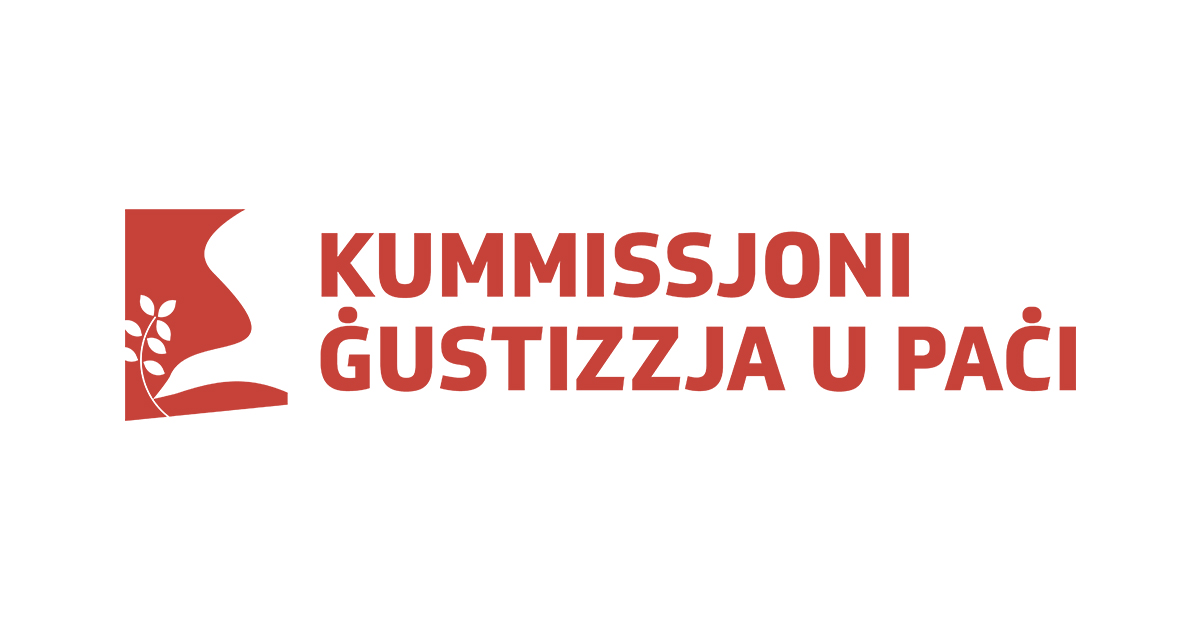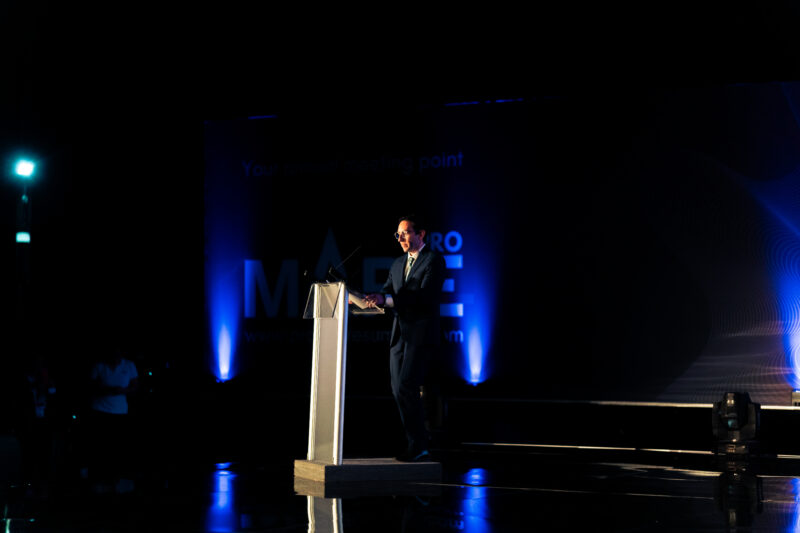In Malta, the construction industry has been booming. Yet, this growth has come at a significant human cost. This cost has become etched in the country’s consciousness through the Jean Paul Sofia tragedy. But Jean Paul Sofia wasn’t the first and sadly not even the last victim of this sector which we represent.
Data by the NSO revealed that more than half of workplace accidents that happened over the past two years have been related to the construction industry. Between 2019 and 2022, 25 construction workers lost their lives.
A while ago I encountered an anecdote associated with the myth of the Tower of Babel. In the story, workers were punished for the loss of even one brick, but the death of a person, a worker, was considered “normal and of little consequence”. This struck me deeply. It reminded me of Lamin Jaiteh, a worker who fell two storeys on a construction site in Mellieha in 2021, and was dumped on the roadside by his employer.
Have we become like the society of Babel? In our quest to build bigger, and in our boundless ambition to reach new heights, what about the workers?
What about the persons whose hands shape our dreams and lay the foundations of our aspirations?
What about the persons that build the places where we live and work. Where we rest, nurture our families, and weave the fabric of our dreams?
More often than not, this loss of life –mostly of migrant workers– is treated as collateral damage. Let us remember that every worker is entitled to respect and fairness. Their contribution is invaluable, and their safety should never be compromised. It’s time we listened to the often unheard voices of these workers and took their concerns seriously. To this end, in the last years, the Justice and Peace Commission has embarked on a process of listening, especially to workers. To hear and understand.
Unsurprisingly, we found that, workers often face dangerous conditions, inadequate safety measures, and a lack of proper oversight. Regulatory bodies are either under-resourced or simply unable to enforce the rules effectively. This results in a dangerous environment where accidents are all too common, and accountability is rare.
The phrase “Ejja Ejja”, a Maltese expression meaning “come on, hurry up”, came up several times during the interviews conducted, and we chose it to name this study. Because together with “u ija,”- it reflects an attitude of rushing and cutting corners. In fact, one of the main conclusions of this research is that it is unfair and misleading to blame workers for the inherent conditions leading to unsafe environments and increased accident risks.
While responsibility for accidents varies on a case-by-case basis, it is evident that the situation is the result of a culture best described as ‘ejja ejja’ (get on with it) which pervades the work in this sector. This mindset prioritizes speed and profit over thoroughness and safety, focusing on quantity rather than quality.
As industry stakeholders, and society at large, we all have a moral responsibility to prioritize the safety and dignity of every worker in the construction industry. This is not just a matter of ethics; it’s also a matter of life and death.
We need to shift from this “Ejja Ejja” culture to one that values safety and mindfulness above all else. The government and relevant agencies must ensure that regulations are not just written but enforced. Every worker deserves to go to work knowing they will return home safely at the end of the day. Moreover, we must advocate for better protections, fair wages, and the right to unionize for all workers, especially migrant workers who are often the most vulnerable.
Furthermore, because everything is interconnected, this can be achieved through an ESG-based approach. By integrating ESG into the core of our industries, including construction, we acknowledge that the health of our environment, the well-being of our workers, and the integrity of our institutions are inextricably linked, and we pave the way for a more resilient, equitable, and sustainable future for all.
In conclusion, I hope this summit serves as an opportunity for us to slow down and be mindful of the human cost of our rapid progress. Rushing and cutting corners may save time and money in the short term, but it endangers lives and erodes the integrity of our industry. Creating a safer and more equitable construction industry requires collaborative efforts. The government, industry stakeholders, and civil society must come together to implement and enforce stronger regulations. The Justice and Peace Commission, which I lead, is committed to advocating for these necessary changes. We will continue to push for a construction industry that values every worker, prioritizes their safety, and treats them with the dignity they deserve.
Thank you.
Daniel Darmanin
(This keynote speech was delivered by Daniel Darmanin on the 23rd of May, 2024, during the opening session of the MARE summit.)



